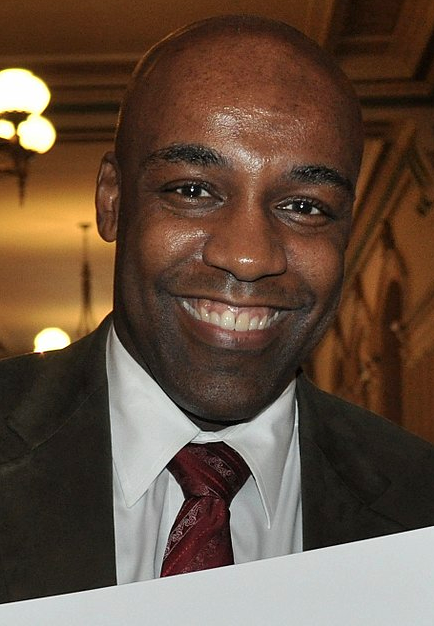
Chicago – Attorney General Kwame Raoul today led a coalition of 18 attorneys general in opposing a proposed Small Business Administration (SBA) rule governing the appeals process for Paycheck Protection Program (PPP) loans. The proposed rule would govern all SBA determinations considering PPP loans – including borrowers’ eligibility, loan amounts and the use of proceeds, and loan forgiveness. The changes to the appeals process instituted by the new rule are confusing for small businesses and put borrowers at a disadvantage as they try to navigate the appeal of adverse final loan decisions made by the SBA.
Get The Latest News!
Don't miss our top stories and need-to-know news everyday in your inbox.
Created as part of the Coronavirus Aid, Relief, and Economic Security Act (CARES Act), the PPP establishes loans intended to provide a direct incentive for small businesses to keep their workers on the payroll during the COVID-19 pandemic. It gives the SBA authority to guarantee up to 100 percent of qualifying loans and to forgive up to the full principal amount. In today’s comments opposing the proposed rule, Raoul and the coalition argue that the proposed changes to the appeals process for PPP loans are unfair and are detrimental to borrowers’ rights, violate due process and do not comply with the Administrative Procedure Act.
“Businesses rely on PPP loans to keep their doors open and support their workers during the uncertainty of the COVID-19 pandemic,” Raoul said. “At a time when the SBA should be offering assistance to small businesses, the proposed rule further disadvantages already struggling businesses by establishing an unfair process for appealing decisions about their loans.”
Raoul and the coalition assert that, for many businesses suffering during the COVID-19 pandemic, a PPP loan is the only way for those business to maintain operations and stay open. However, not all small businesses have the resources to defend their PPP loan in response to an SBA investigation and final review of their loan, and, as a result, small businesses rely on the process to appeal adverse final loan review decisions by the SBA. The attorneys general argue that the appeals procedure established by the proposed rule is confusing and puts borrowers at a disadvantage.
In the comments, Raoul and the coalition urge the SBA amend the proposed rule to afford borrowers a fair opportunity to maintain a PPP loan by:
- Describing criteria used by the SBA to make final PPP loan review decisions. Although the rule provides some procedures for appealing final PPP loan review decisions, the SBA has failed to provide any guidance on how it evaluates PPP loans during its investigations and makes final loan review decisions. This means that while filing an appeal, the borrower does not know what facts or law the SBA considered in its loan review decision. Additionally, the lack of procedures leaves borrowers’ confidential information unprotected from disclosure.
- Holding loan forgiveness applications in abeyance to ensure the deferral period continues during an administrative appeal. Raoul and the coalition argue that the proposed rule raises due process concerns because it forces borrowers to make payments on a loan while their appeal of denial of forgiveness of that loan is still pending.
- Ensuring independent and neutral decision-makers review appeals of PPP loan decisions. Without independent and neutral decision-makers, the proposed rule denies borrowers due process and violates the Administrative Procedure Act. The proposed rule authorizes the same individual who made the initial decision regarding the loan to review an appeal of their own decision. The attorneys general assert that the SBA should establish an appeals process for PPP loan decisions in which each level of review is independent and neutral to ensure that decision-makers are not involved in appeals of their own decisions.
- Providing borrowers with fair procedures on appeal. The proposed rule allows borrowers to file only one brief in their appeal, denying them the opportunity to file a response to the SBA’s arguments. Borrowers also do not have access to the administrative record – upon which their appeal depends – before they must file their brief. Additionally, the rule unfairly offers discovery only upon the SBA’s request and denies borrowers discovery rights, limiting their advocacy on appeal.
Joining Raoul in the comments are the attorneys general of California, Connecticut, Delaware, District of Columbia, Hawaii, Iowa, Maryland, Massachusetts, Minnesota, Nevada, New Mexico, New York, Rhode Island, Oregon, Virginia, Vermont and Washington.
More like this:
